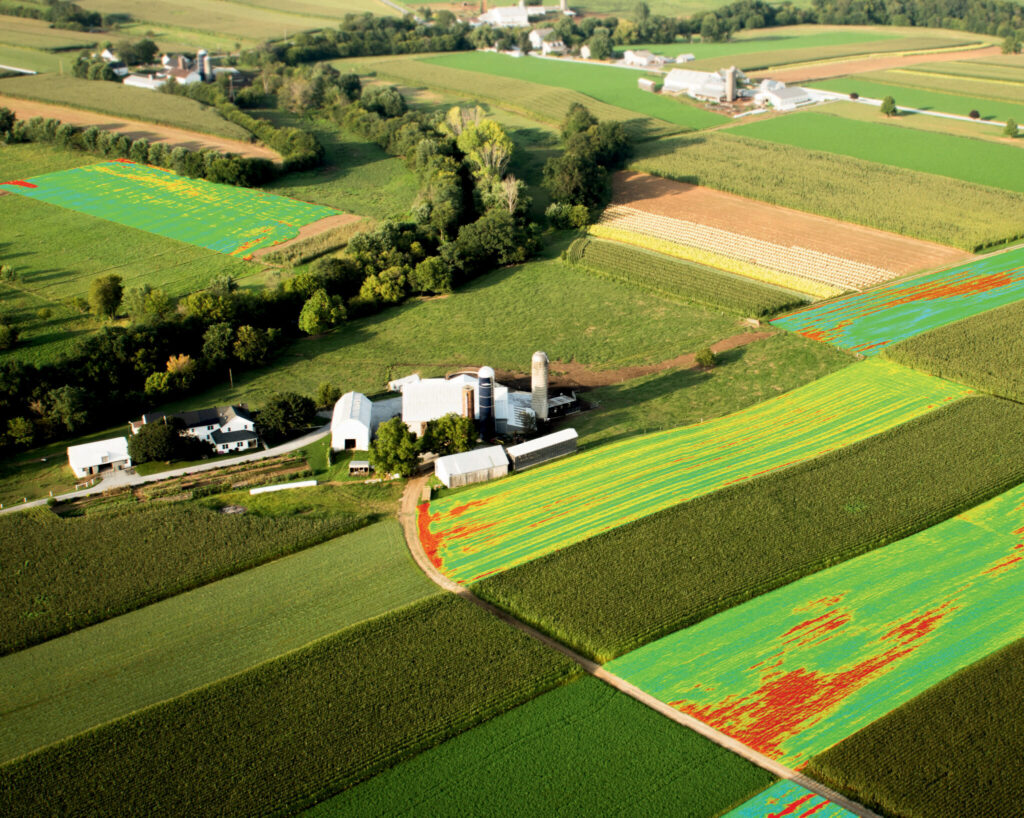
Over the next 25 years, the world’s population, currently hovering around 7.8 billion, is expected to grow by nearly 25% to 9.7 billion people. This means that existing global problems such as food, energy and water security are only going to become more acute.
“Just consider water alone. Agriculture accounts for 70% of global water usage,” says Cherie Kagan, Stephen J. Angello Professor in Electrical and Systems Engineering (ESE) and Director of the Internet of Things for Precision Agriculture (IoT4Ag) Center at Penn. “When we were looking at opportunities to unite research excellence across disciplines in Penn Engineering and to tackle a societal grand challenge, agriculture and its importance to global food, energy and water security came to the forefront.”
On its face, a university located on nearly 300 acres within a major East Coast city isn’t where you’d expect to find a center focused on agriculture. But when you dig beneath the surface, Penn Engineering’s expertise in areas like sensors, robotics, materials, manufacturing and data science, together with a proven track record of collaboration, make it the ideal institution to lead such an effort.
IoT4Ag, established in September 2020, just closed out its third year as Penn’s first NSF Engineering Research Center (ERC). The Center’s members from Penn Engineering and its three partner institutions across the U.S. have leveraged their collaborative expertise to produce new technologies aimed at creating the farm of the future: one that would collect, communicate and harness real-time data to efficiently deploy resources and improve crop yields with the least possible impact on the environment.
This story was written by Olivia McMahon. Read the full article at Penn Engineering Magazine.
